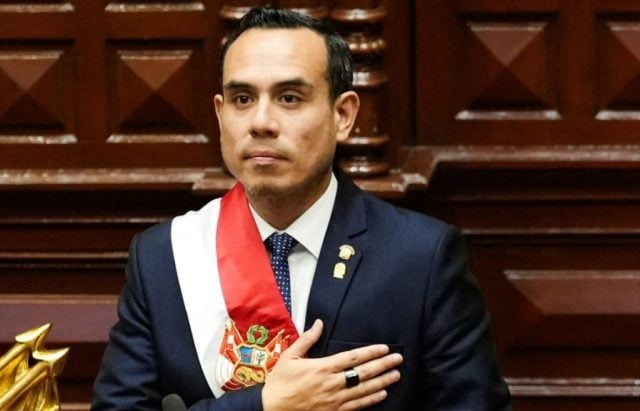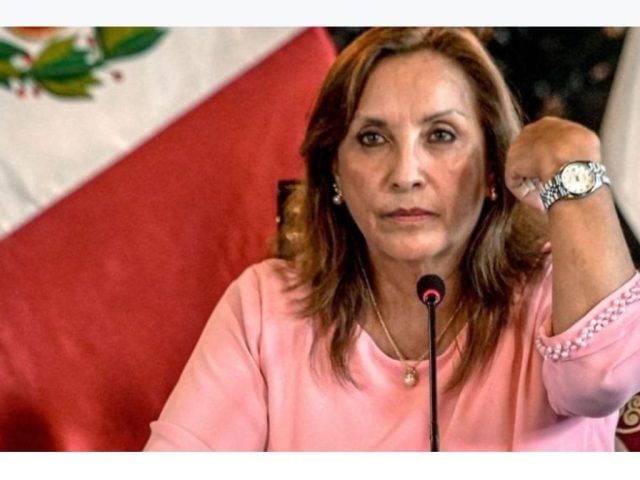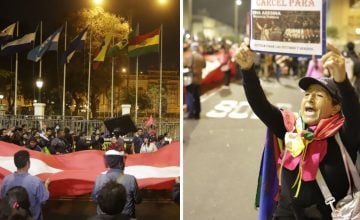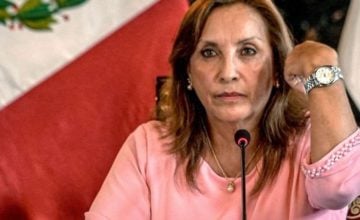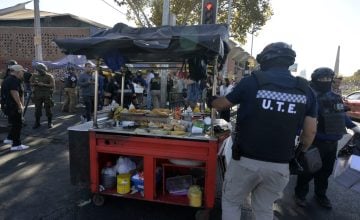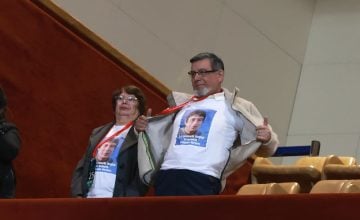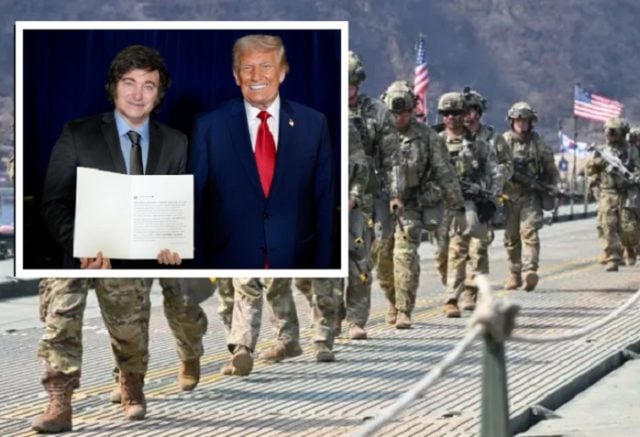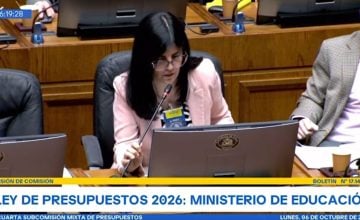José Jerí was sworn in before dawn on Friday as president of Peru after Congress removed Dina Boluarte, unanimously approving four vacancy motions amid the country’s deepening social unrest and public-safety crisis.
Yet the 39-year-old lawyer, until now the speaker of Congress for the 2025–2026 term, takes power under a cloud, carrying a record of complaints and ongoing investigations.
From Somos Perú activist to governing Peru
Born in Lima on November 13, 1986, Jerí studied law at the National University Federico Villarreal and Inca Garcilaso de la Vega. While still in school, he joined Somos Perú — a relatively young party that describes itself as centrist, though many Peruvian outlets place it on the right — and rose through its youth leadership.
His breakthrough came through an institutional twist of fate: after failing to win a seat in his initial run for Congress, he later took office as a substitute legislator in place of the disqualified Martín Vizcarra.
Once in Congress, he helped draft legislation on labor, the economy, security, health, sports, and education, and went on to chair the Budget Committee (2023–2024).
According to the Peruvian outlet Caras, that position allowed him to cultivate ties with mayors, regional governors, and public-works contractors — relationships that, parliamentary sources say, helped build the cross-party support network that elevated him to the congressional speakership on July 26, 2025, with 79 votes from right- and centrist blocs.
With no vice presidents in place, Peru’s Constitution stipulates that the speaker assumes the presidency on an interim basis. Through that mechanism, Jerí moved to lead the executive branch at a moment of intense political and social tension.
Record of complaints and accusations against Jerí
In his first remarks as president, Jerí vowed to head a transitional government and said he was declaring war on organized crime battering Peru.
“The scourge afflicting us now is citizen insecurity. The main enemy is out there, on our streets—criminal gangs and organized networks. They are our enemies today, and we must wage war on crime,” he said.
However, his rise to power is at the center of controversy. His legal record and the accusations against him are widely known and have triggered backlash across civil society.
First on the list is a criminal complaint for sexual assault filed in January 2025 by a woman who alleges he attacked her during a New Year’s gathering in the town of Canta. The case led to protective measures in favor of the complainant and included a psychological report that, according to the outlet cited, described patterns of impulsivity and “pathological sexual behavior” by the then-congressman.
Confronted with the accusations, Jerí defended himself, telling a February 2025 press conference that it was a political maneuver orchestrated against him.
The Supreme Prosecutor’s Office closed the probe in August 2025, citing insufficient evidence.
Even so, a civil court ordered him to undergo psychological treatment for “impulsivity and pathological sexual behavior.”
After Jerí declined to comply, authorities opened an investigation for alleged disobedience of a court order—a case that remains active.
During his tenure at the helm of the Budget Committee, a construction businesswoman alleged he solicited 150,000 soles (about $43,000) to fast-track public-works projects into the national budget. The widely publicized complaint never fully advanced in court, but the Alianza para el Progreso (APP) caucus formally requested that his banking secrecy be lifted.
Peruvian media have also flagged audio recordings and chat messages that purportedly implicate him directly.
In addition, the new president was the focus of an illicit enrichment investigation (2021–2024), was linked to the case “La fiscal y su cúpula del poder” (2024–2025), and, as speaker, was recently questioned over a suspicious multimillion-dollar change in the medical insurance contract for congressional staff.
“The 2025–2026 contract covers not only congressional employees but also spouses and children up to age 24—an expanded benefit that substantially increases the overall cost and, in practice, turns the state into a private insurer for thousands of relatives,” reported Caras, noting that the saga “is only just beginning.”
Despite the breadth of the allegations, his allies in Congress repeatedly shielded him, arguing none of the cases has resulted in a conviction.
Following his appointment as president—the country’s eighth in less than a decade—he now faces the daunting task of steering a nation battered by crime and endemic political corruption.
His mandate will require managing a transition with a Congress that wields power but suffers fatigue and distrust—and guiding the country toward fresh elections.
